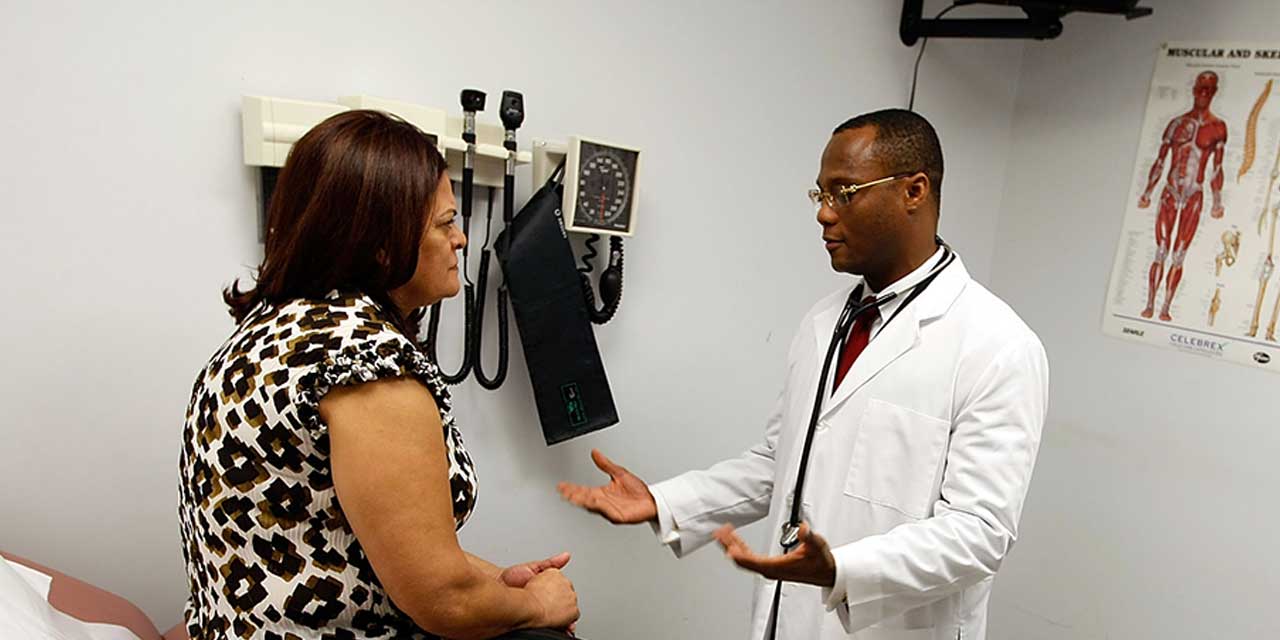I think her goal is pretty stupid, but what the hell - I’ll bite. If your goal is just to rack em, pack em, crack em and irresponsibly maximize your income by any possible means while practicing garbage quality medicine, then GI is probably the better choice. Hell, I’ve already encountered a number of GIs whose entire goal seems to be to shove scopes up butts and down throats to the sheer maximum extent possible, whether or not they forget every other cognitive aspect of their specialty in the process (I have had more than one of these GIs tell me something along the lines of “hepatology is that thing the NPs do while we go scope”.) If you truly don’t give a damn about what you’re doing aside from making enough $$$ to GTFO medicine at the earliest possible opportunity, at least you might do (slightly) less damage doing GI.
Heme/onc, meanwhile, is much messier. For one thing, it is one of the more cognitively complicated specialties out there, and nowadays decades of research into cancer biology has come to fruition, manifesting into a bumper crop of new drugs and other treatments to learn every year. Reading up on this stuff and going to conferences will surely slow down your goal of sheer economic maximization, if all you care about is the glorious $$$. Second, it’s also laden with touchy-feely stuff, such as patients bawling their eyes out as you diagnose them with potentially lethal illnesses - and surely that will slow you down in your quest to see 60 patients per day while billing the maximum amount possible.
In reality, Sally, if this is your metric for choosing a specialty, you should probably rethink the whole “doctor thing” altogether. But I digress.





